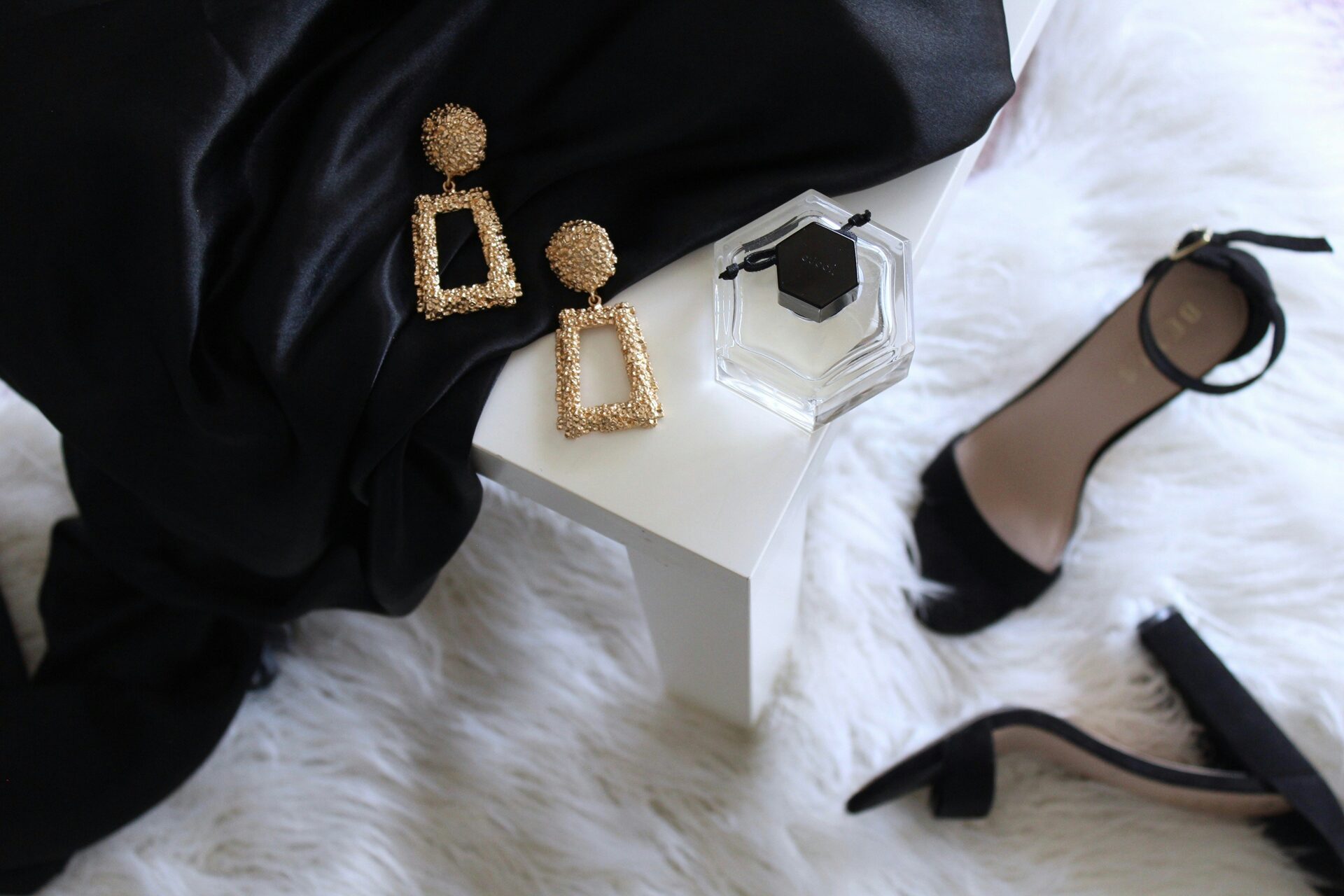
In the ever-shifting world of luxury, influence has become a key driver of brand success. The 2024 Financial Times Business of Luxury Summit provided a deep dive into this topic, with industry experts exploring how modern influence is reshaping marketing strategies. The panel discussion on “The Power of Influence” highlighted the importance of authenticity, community engagement, and sustainability in connecting with the next generation of consumers.
Let’s look at a few examples of how brands are embracing this modern influence.
How TikTok is redefining luxury brand narratives
One platform that has exemplified this shift in influence is TikTok. Its explosive growth has fundamentally altered the landscape of luxury marketing. Laura Milani, Head of Fashion and Luxury for TikTok, emphasized the platform’s unique ability to foster authentic connections between brands and consumers. Unlike traditional celebrity endorsements, TikTok thrives on user-generated content (UGC), where everyday users create and share content that feels genuine and relatable. This shift is key as consumers, especially younger ones, are drawn to storytelling that mirrors their own lives and values, making UGC more impactful than polished, high-budget campaigns.
Although TikTok may not be the platform you’d expect to find luxury brand marketing, it’s becoming a vital channel for all brands to leverage.
Gucci have embraced this shift. The #GucciModelChallenge invited TikTok users to style themselves in a way that mimicked the brand’s runway looks. This approach not only democratized the brand’s image but also created a viral sensation, demonstrating the power of TikTok in driving brand engagement and awareness.
The importance of authenticity and evolving role of celebrities
Building on the theme of authenticity, Robert Ferrell, founder of ML11, pointed out that, in a world where consumers are increasingly skeptical, brands must present themselves in a genuine and relatable manner. Today’s consumers expect celebrities and influencers to be approachable, transparent, and authentic.
Louis Vuitton’s partnership with BTS, the famous K-pop group, illustrates this trend. BTS have created a loyal fanbase by sharing personal stories and engaging directly with fans on social media. While Louis Vuitton’s traditional audience may not overlap perfectly with BTS’s fanbase, the partnership strategically bridges the gap between luxury fashion and modern pop culture. BTS promotes values that appeal to a new generation of consumers that Louis Vuitton is aiming to attract. This collaboration has allowed the brand to tap into this new audience, reinforcing its global appeal while also aligning with the values of authenticity and cultural relevance.
Educating the next wave of luxury consumers
To build lasting connections with younger generations, luxury brands must go beyond surface-level engagement. A key challenge today is educating Gen Z on the deeper values of luxury – heritage, craftsmanship, and exclusivity. Building connections with younger consumers requires more than just a good storytelling. It’s about instilling an appreciation for the artistry and history behind luxury products.
Brands like Hermès have taken this challenge head-on. The brand has increasingly focused on educating its younger audience about the process behind its products. Through behind-the-scenes content and explanations of their artisanal techniques, Hermès not only showcases its commitment to quality but also helps younger consumers understand why luxury comes with a higher price tag. This strategy not only preserves the brand’s exclusivity but also builds a deeper connection with future consumers.
The role of sustainability in luxury influence
In addition to authenticity, sustainability has become a non-negotiable aspect of luxury branding. There is a growing demand for brands to demonstrate genuine commitment to ethical practices and environmental responsibility. Consumers today are not just purchasing products; they are buying into a brand’s values and its impact on the planet.
Stella McCartney has been a pioneer in this domain, integrating sustainability into its brand identity by promoting eco-friendly materials and ethical production processes.
Tapping into new markets through community engagement
As luxury brands expand their global reach, understanding and engaging with local communities is key. Willow Diallo, Stylist and Consultant at SW Studio Paris, mentioned the importance of community-specific influencers who can authentically connect with diverse markets. This approach is particularly relevant in underrepresented regions like Africa and parts of Asia, where local cultures and preferences play a significant role in consumer behavior.
Chanel illustrates this approach in China by partnering with local influencers who understand the unique cultural nuances of the market. By leveraging these influencers’ deep understanding of their audience, Chanel has been able to create campaigns that feel both authentic and culturally relevant.
Nowadays, the power of influence in the luxury market is all about authenticity and community engagement. As brands navigate this new landscape, success lies in staying true to their values while adapting to the evolving consumer expectations. As Willow Diallo said: “You have to find a way to speak to both the new and old generations.”
By embracing these principles, luxury brands can not only maintain their status but also forge deeper, more meaningful connections with the next generation of consumers.
To find out more about our wealth and luxury team’s work, or to speak to one of our specialists, please click here.





